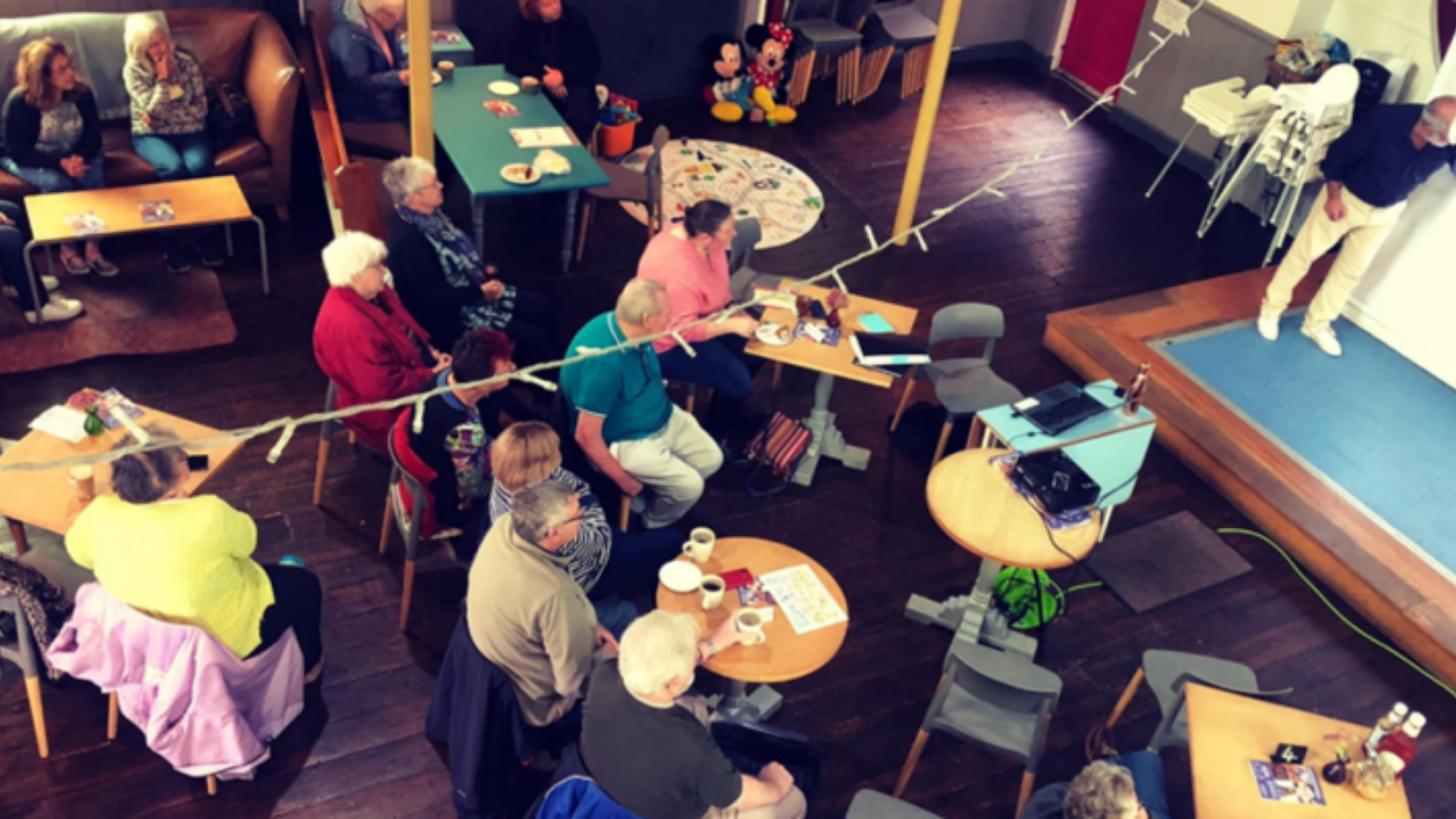Dave McGlashan is Head of Sales and Marketing at the School for Social Entrepreneurs, an organisation that runs courses to equip people to start, scale and strengthen organisations to make a positive difference. In this blog, he explores the role of social investment in helping to grow and develop the skillset of a social entrepreneur – ultimately scaling the impact they are able to deliver.
We know from our students at the School for Social Entrepreneurs that founding and then running a social enterprise is hard work. From day one you are responsible for everything: bid writing, service delivery, marketing, sales, fixing things when they go wrong. In those early days, a founder is the engine of growth for an organisation.
But as an organisation grows, the role of a founder needs to evolve. They need to shift from delivery to strategy. A founder needs to stop holding it all together and let others step in. But (as with all things) this takes investment of time and investment of money, two things that social enterprises are always short of.

Can social investment help?
Social investment isn’t a cure-all. But used well, it can give you:
• Breathing space to hire additional team members
• Cashflow cover so delivery can scale
• Capital for assets that build resilience, not just survival
This blog aims to explore when social investment can help, practical examples of this in action and practical next steps for any organisation looking to explore repayable finance.
Case study: Zion Community Café, Bristol
Zion Bristol is a community owned café and workspace founded by SSE Fellow Jess Wright. It has grown into a busy social enterprise, running hundreds of low-cost events a year and earning most income through trading.
As the organisation grew, Jess faced two challenges: stepping back without stalling the organisation, and financing a resilient, community-owned structure.
The team blended a bank loan with a community share offer targeting £240,000; the funds paid for advice on structure and governance and underwrote the handover from one founder to local stewards, leaving the organisation less founder-reliant and more durable.
“We would not be here without the share offer and COF funding. At one point we were considering a mortgage. When we started crunching the figures on the mortgage, we realised we would not have been able to survive six months. We’re proof that you can save an asset. We’re an area where things are always being taken away and not being replaced. So it’s a big boost for the local community that we can affect change and save assets – it’s an empowering thing.”
Emma Moore, Centre Manager, Zion Community Cafe, Bristol
To understand more about their experiences with social investment, read the full case study via Good Finance: Zion Community Café

When social investment helps...
Social investment can be a useful tool to sustainably growing and developing your organisation when:
• Your business model is understood and evidenced
• You have basic finance in place with monthly reporting
• You have a plan for the founder’s time: sales, strategy, leadership
• Your board or trustees back change, not just business as usual
When it’s not the right time for social investment:
• Income is volatile with no path to smooth it
• Capacity is maxed and you can’t grow the team
• The board view investment as free money rather than a tool for growth
Our friends at Good Finance have a quick and easy ‘Is It Right For Us’ tool to help you to answer this question, and will signpost you to other tools and resources that can help.
4 Practical first steps for anyone thinking about social investment
1. Clarify your role
List everything you do. Ring the tasks only you can do. Create a plan to delegate the rest.
2. Build a cashflow
Simple is fine. Look 12–24 months ahead. Model a version with investment and a version without.
3. Cost the shift
What unlocks change? A delivery lead? New equipment? Three months of your time to redesign your strategy? Price it.
4. Pick the right money
Choose money that fits your organisation. If you’re a co-op or community benefit society, community shares could work well because they bring local ownership and support, especially for place-based assets. If you have steady income, a loan can cover working capital or equipment, as long as the repayments match your cashflow. If the plan is bigger or riskier, you could explore using a blend of finance (grant plus loan) to spread the risk. Grants alone aren’t social investment, but they’re often needed first if your model isn’t proven.
Case study: Freedom Foundation
Freedom Foundation, founded by SSE Fellow Laura Grant, improves children’s wellbeing through music, dance and mentoring in schools, alternative provision and the community.
Facing rising mental-health needs among young people, amplified by social media, the team clarified their model through mentoring, then took £79,970 in blended finance from Key Fund (£56,870 plus a £23,100 loan).
The investment funded staff and stronger operations so delivery could scale, reaching more children and young people with support that builds confidence, resilience and healthier digital habits.
“Freedom Foundation are so pleased to receive social investment and it is has been key in our growth in the last 12 months. Our funder (Key Fund) have been so supportive throughout the process and through their support and this investment we are in a strong position to increase our reach to support children and young peoples’ mental health.”
Laura Grant, Director, Freedom Foundation
To understand more about their experiences with social investment, read the full case study via Good Finance: Freedom Foundation.

Social investment can help founders become CEOs. It works when there’s a clear plan, decent numbers, and support to lead differently. Use the money to buy time, not just plug gaps. Then use that time to build a business that doesn’t rely on you.
In the meantime, our friends at Good Finance have a number of free tools and resources to support social entrepreneurs that are exploring social investment. Check out their website, and sign up to their newsletter for all the latest and greatest from the world of social investment.
